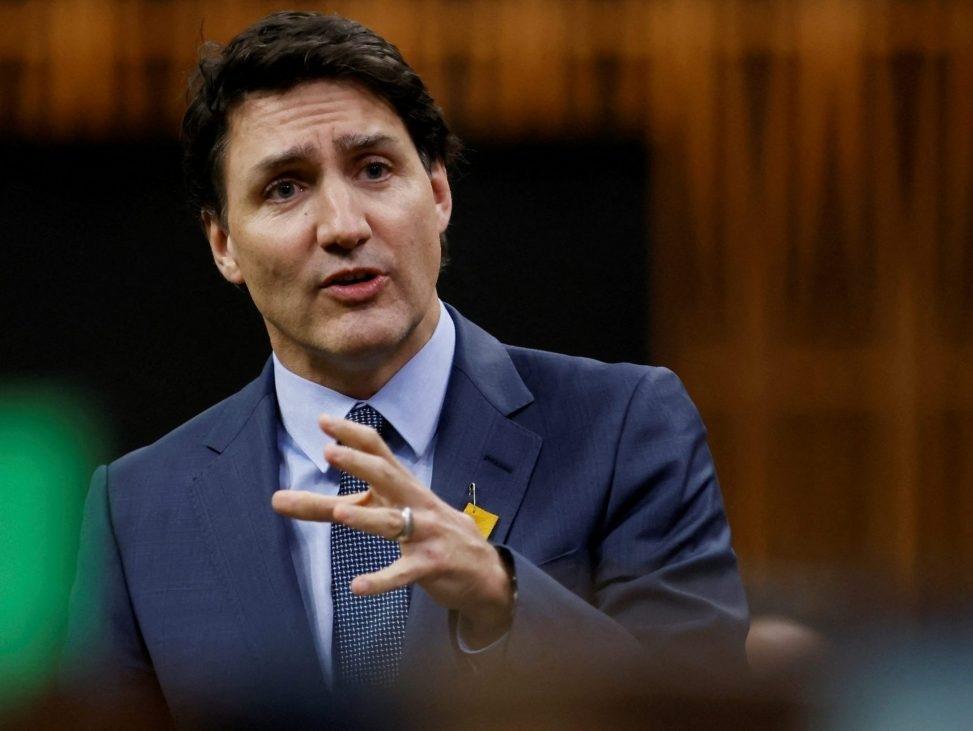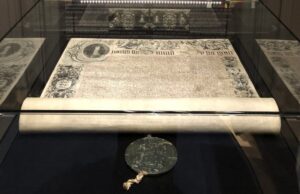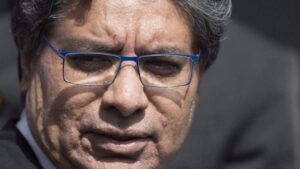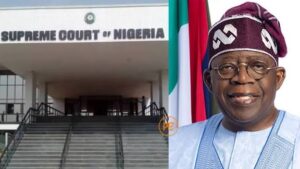
Prime Minister Justin Trudeau has denied access to cabinet documents that his own National Security and Intelligence Committee of Parliamentarians has repeatedly requested over the years.
Without it, the committee has warned, it cannot do its job properly.
Liberal MP David McGuinty, who chairs NSICOP, which includes representatives from the Liberal, Conservative, BQ and NDP parties — created by Trudeau in 2017 to advise him on security and intelligence matters — specifically cited this concern in a letter to Trudeau last year, when it released a special report on the national security and intelligence activities of Global Affairs Canada.
“On behalf of the committee, I would like to reiterate a growing risk to the committee’s ability to fulfill its mandate: the government’s broad claims of cabinet confidence on documents or information,” McGuinty wrote.
“The committee’s concern is that, in the future, the definition will be applied to its full breadth and the committee members, who take an oath and are bound by statute to not disclose any information that they obtained in the course of their work, will neither receive relevant information, nor be aware of its existence.
Prime Minister Justin Trudeau has denied access to cabinet documents that his own National Security and Intelligence Committee of Parliamentarians has repeatedly requested over the years.
Without it, the committee has warned, it cannot do its job properly.
Liberal MP David McGuinty, who chairs NSICOP, which includes representatives from the Liberal, Conservative, BQ and NDP parties created by Trudeau in 2017 to advise him on security and intelligence matters specifically cited this concern in a letter to Trudeau last year, when it released a special report on the national security and intelligence activities of Global Affairs Canada.
“On behalf of the committee, I would like to reiterate a growing risk to the committee’s ability to fulfill its mandate: the government’s broad claims of cabinet confidence on documents or information,” McGuinty wrote.
“The committee’s concern is that, in the future, the definition will be applied to its full breadth and the committee members, who take an oath and are bound by statute to not disclose any information that they obtained in the course of their work, will neither receive relevant information, nor be aware of its existence.
“If departments continue to apply the definition of cabinet confidence to its full breadth, exercise their discretion to withhold information thus identified and do not inform the committee of what relevant information has been withheld, the committee’s ability to transparently and comprehensively review the governance frameworks which support ministerial accountability risk being compromised.”
Last week, Trudeau said on the advice of his advisor, David Johnston, that he will allow NSICOP and the National Security and Intelligence Review Agency to access the specific cabinet documents Johnston was permitted to see as part of his investigation into foreign interference, so they can critically evaluate Johnston’s report.
But make no mistake. Prior to being caught up in the foreign interference controversy, Trudeau’s position was against releasing any cabinet documents.
Even without access, NSICOP warned Trudeau in its 2019 annual report, a redacted version of which was later released to the public, that foreign interference by Beijing was rampant at every level of government in Canada and the federal government was failing to address it effectively.
It made recommendations on how to better combat foreign interference, which Trudeau ignored.








